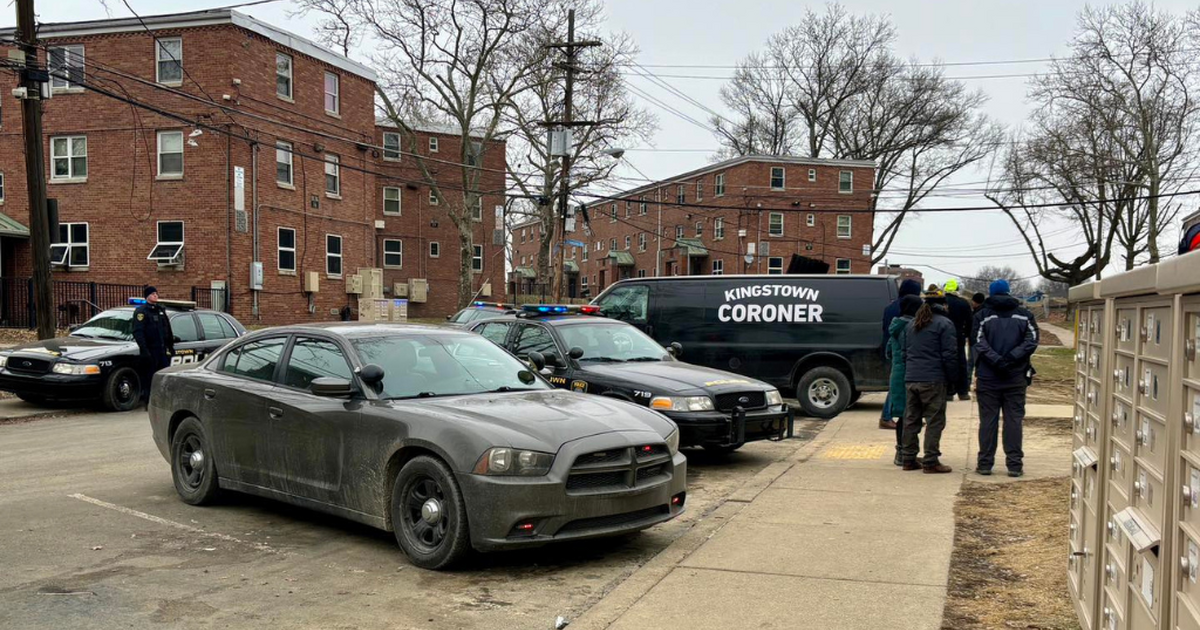Pittsburgh audiologist helps change lives through patient care | On A Positive Note
MONROEVILLE (KDKA) - September is Deaf Awareness Month and Pittsburgh has always been at the forefront of new treatments and technology for the hearing impaired.
One local audiologist, who writes about her own journey, is launching a new educational series to raise awareness.
From the melodies of our acclaimed Pittsburgh Symphony Orchestra to the reverberating blasts of enthusiasm for our sports teams, the sounds of our city are unmistakable.
However, for those with deafness or hearing loss, there are no sounds - just silence.
Now, breakthroughs in audiology happening right here in Pittsburgh are changing that.
Dr. Suzanne Yoder is the founder of the Hearwell Center in Monroeville and she herself was diagnosed with hearing loss in preschool. By the time she graduated high school, it had become profound.
"I did persevere, got through college, got through grad school, and started my own practice," Dr. Yoder said. "About six years ago, I got my first cochlear implant and it really returned my independence. I was able to make phone calls and not have to use captioning. I was able to watch TV without pausing and rewinding or asking my spouse what I was hearing."
She has implants in both ears and is dedicated to helping patients like herself navigate their own journeys. Meanwhile, she's about to launch an educational series to highlight new technology during Deaf Awareness Month.
One of those patients is Donna Kell and for her, a virus damaged her inner ear and caused constant ringing and debilitating dizziness. It also caused hearing loss.
"What the hearing aid did for me is it removed the tinnitus and it reduced the dizziness," Kell said. "Let's say I was experiencing a nine out of ten dizziness, it would drop to three. It was incredible, it changed my life."
For Dr. Yoder, the work is based more on learning about the patient rather than working on the ailment itself.
"Doing this testing is only going to give us a small part of the picture," she said. "So, interviewing that patient, finding out what is important to them, and then building their treatment plan based on their goals is what I think about patient-centered care."
That approach, for patients, can be overwhelming with emotion and gratitude.
"I cried, I actually cried the first day I got my [hearing aids]," Kell recalled. "I think part of me was coming to terms with the fact that I had a disability. Also, I was just so happy I could live my life more normally and it really gave me a lot more energy."
Part of the emotion from patients comes from exactly what Kell is saying - it's about seeing, or hearing, so many things they had been missing.
"Many times patients are surprised at how much they were missing so they come back for their follow up and they share stories with me about hearing the birds outside or being able to hear their wife watching TV," Dr. Yoder said. "There's all kinds of success they share and that's really fulfilling."
Listening to a simple expression of gratitude makes it all worth it.
You can see more about Dr. Yoder's work through Hearwell on their website at this link.



